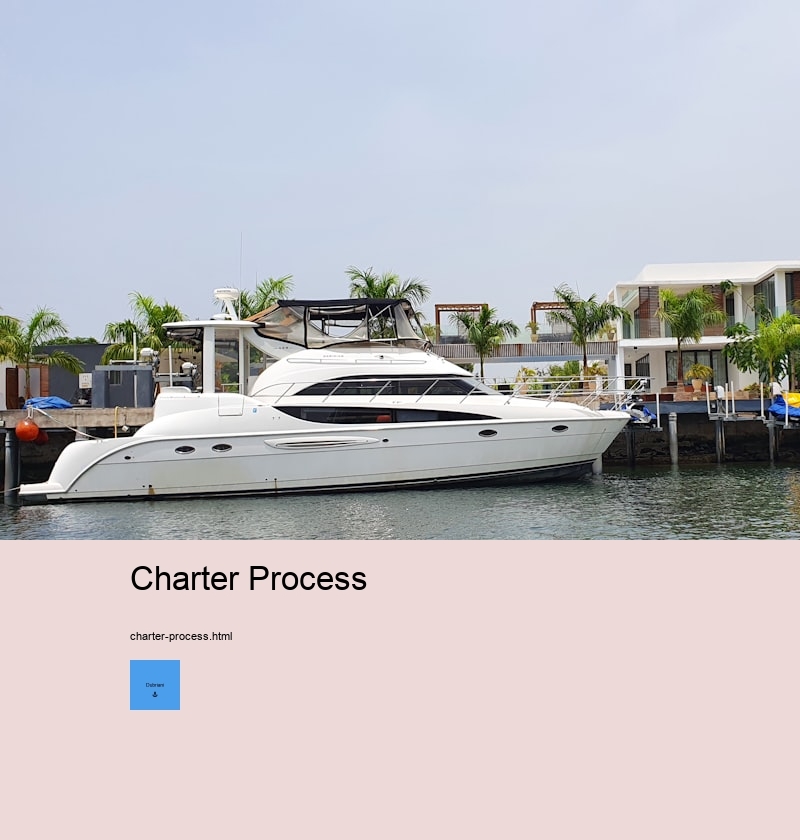Charter Process
The term "Charter Process" often evokes a sense of formality and structured procedure, yet it holds significant relevance across various contexts-be it in education, business, or even governmental frameworks. At its core, the charter process is an organized approach to establishing foundational guidelines that govern the creation and operation of a particular entity. It involves drafting a document-a charter-that outlines objectives, responsibilities, and operational methodologies. This essay will delve into the intricacies of the charter process, exploring its importance and application in different sectors.
To begin with, consider the world of education where charter schools have become a notable phenomenon. The charter process in this context involves parents, teachers, or community groups drafting a proposal for a school that will operate independently from traditional public schools while still receiving public funding. This proposal must articulate clear goals for student achievement and outline how these goals will be measured. Once approved by an authorizing body-usually a state board or local school district-the school can commence operations under the agreed-upon terms. The importance of this process lies in its potential to foster innovation within educational practices while maintaining accountability for performance.
In business, particularly in project management or corporate governance, the charter process serves as an essential initial step. A project charter is typically drafted at the inception phase of any project to formally authorize its existence and provide direction on scope and objectives. It also delineates roles and responsibilities among stakeholders involved. By having a well-defined project charter, businesses can ensure alignment between team members and organizational goals right from the start-a crucial factor for successful execution.
Similarly, when applied to government initiatives or non-profit organizations seeking funding or partnerships, the charter process helps establish legitimacy and clarity of purpose. A well-crafted charter ensures all parties understand their commitments and expectations before embarking on projects that often require collaboration across multiple entities.
What makes the charter process universally important is its ability to create transparency and structure in environments prone to complexity or change. With clearly defined objectives documented early on through charters, organizations can navigate challenges more effectively than they could without such groundwork.
However beneficial it may be though; crafting an effective charter requires diligence-it must be comprehensive yet concise enough not only outlining ambitions but also anticipating potential hurdles along with contingency plans if necessary so everyone's clear about what success looks like both short-term long-term basis alike . Furthermore , periodic reviews should take place ensuring relevance remains intact amidst evolving circumstances thus allowing adaptability whenever deemed imperative .
Ultimately , whether spearheading new educational paths via independent schooling systems pioneering groundbreaking ventures within competitive marketplaces facilitating intricate collaborations concerning societal improvements alike -the essence behind each lies fundamentally rooted within how robustly envisioned initially during preparatory stages namely through meticulous adherence towards prescribed protocols encapsulated therein under banner known collectively as “charter processes”.
Through understanding these principles better appreciating their significance perhaps we might harness full potential offered therein facilitating endeavors achieve intended impact thereby contributing positively toward broader spheres influence encompass .
Formula 1 Abu Dhabi yacht charter